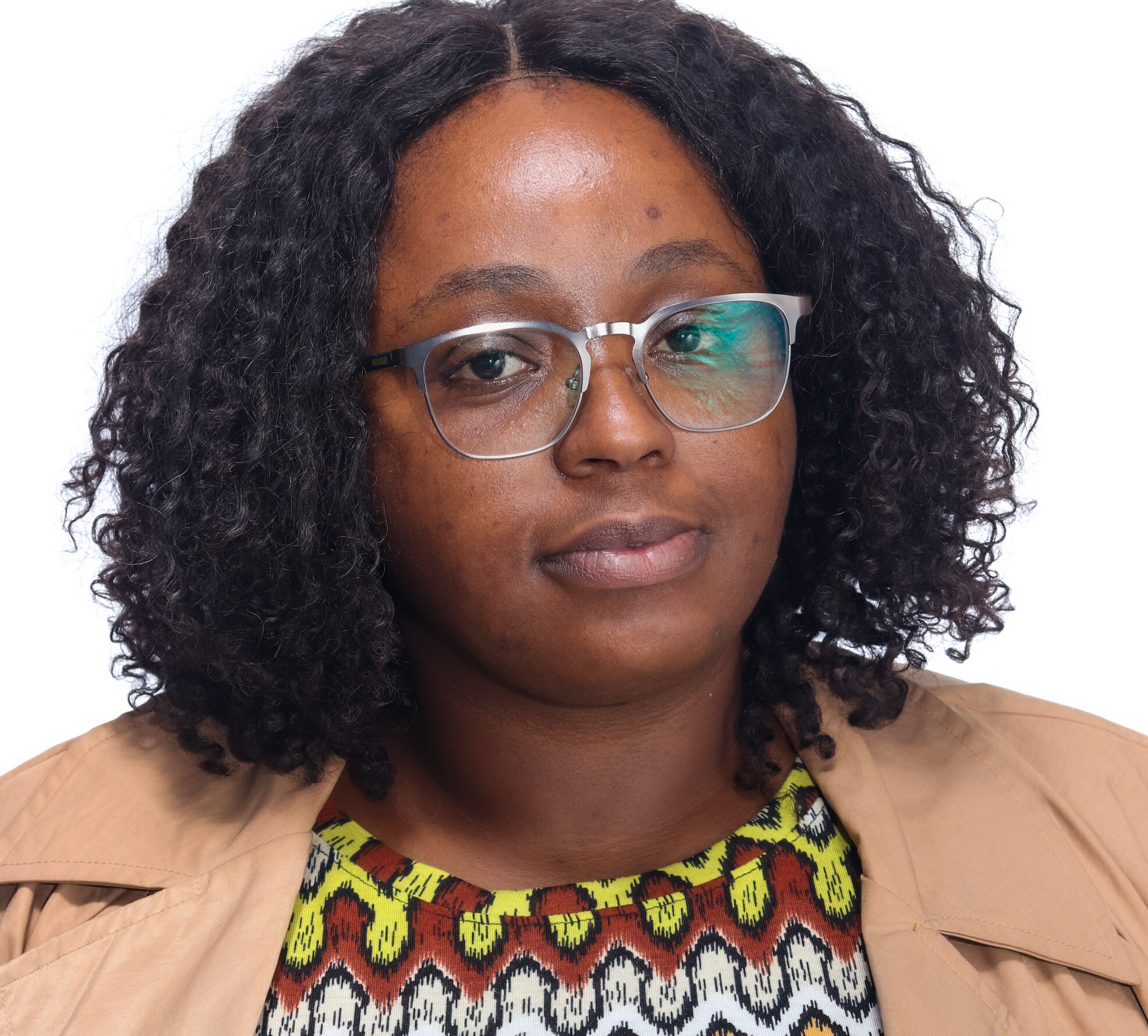By Linda Pona
Every year, South Africans celebrate Human Rights Day on 21 March. The day commemorates the Sharpeville Massacre, which happened on the same day 63 years ago in 1960. On that day, there was a gross violation of fundamental human rights as we know them today. When a large crowd demonstrated against the pass laws, police opened fire on the protestors. This resulted in 249 victims, where 180 people were injured and 69 killed, including children.
This was also during the apartheid regime, which by its very nature, was built on racial segregation and discrimination that denied people basic human rights to the point where pass laws limited people’s movements, which would end in a massacre.
While we celebrate Human Rights Day as a public holiday, it should be a time when we reflect to ensure that past atrocities do not repeat themselves.
On Monday, the #nationalshutdown protests, which called for President Cyril Ramaphosa to step down from office and bring to an end loadshedding, showed that we had come a long way as a country where people can exercise their rights, as stipulated in the Constitution. That is the right to freedom of expression, including freedom of the press, without fear of being massacred.
Although this week’s protests could be considered a success, in our 29-year democracy, South Africa faces many human rights challenges because people are still protesting for electricity and for a president to resign. Precisely a day after South Africa’s Human Rights Day, we celebrated World water day on 22 March, which promotes the sustainably of freshwater. Yet, ironically enough, in Makhanda, we have been struggling with a water crisis for years—another violation of our fundamental human right to water and electricity, as stipulated in the Constitution.
Apart from the issues this week’s events highlighted, South Africa has several other human rights issues that must be addressed. One problem is that of the socioeconomic inequalities, where there are high rates of income inequality where many South Africans struggle to survive and live beyond the poverty line. As a result, there are high rates of poverty and unemployment.
While our Constitution should safeguard people’s basic human rights, most leaders have created dysfunction and lack accountability. Though that may be, we have a vibrant civil society actively working to address these issues and hold those in power accountable. Many young people in South Africa are passionate about social justice and are working to create a more equitable and just society. And through that, I hope that history will not repeat itself in this country.


